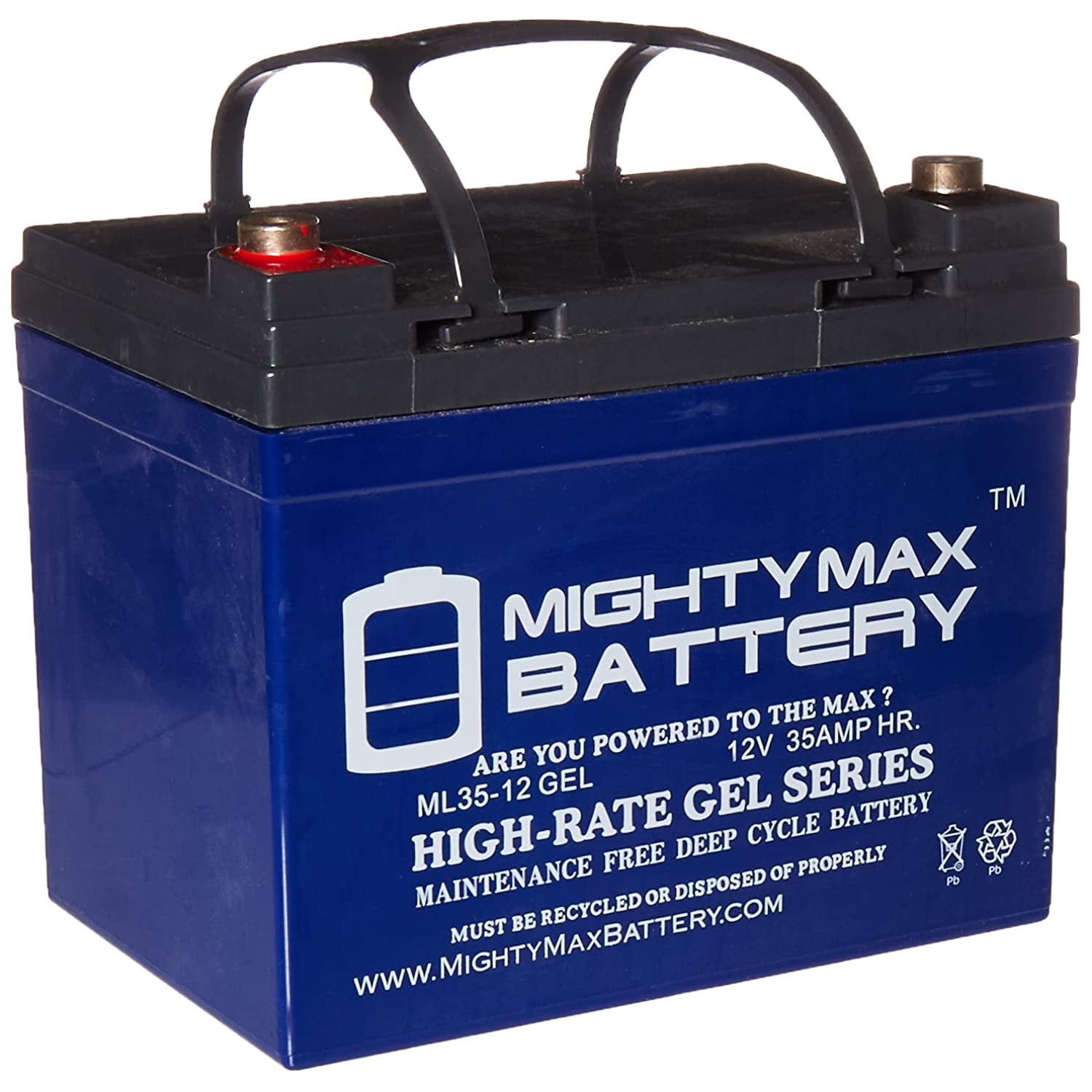If you're a car owner, you know how important it is to make sure your vehicle is running smoothly. One of the most critical components of your car is the battery. The battery helps to power your car and keep it running, and without it, you'd be stranded on the side of the road. In this article, we'll take a closer look at car batteries with a focus on 10-volt batteries.

What is a Car Battery?
A car battery is a rechargeable battery that provides electrical energy to a vehicle. It powers the starter motor, lights, and other electrical components in your car. Car batteries are typically lead-acid batteries, which means they contain lead plates submerged in an electrolyte solution of sulfuric acid and water.
What is a 10-Volt Car Battery?
A 10-volt car battery is a type of car battery that has a voltage of 10 volts. It's not a common type of battery, as most car batteries are 12 volts. However, some older cars may have used 10-volt batteries.

Can You Use a 10-Volt Battery in Your Car?
If your car requires a 12-volt battery, you should not use a 10-volt battery. Doing so could cause damage to your car's electrical system and prevent it from running correctly. Always check your car's owner manual to determine the type of battery your car needs.
What are the Signs of a Failing Car Battery?
If your car battery is failing, you may notice several signs. These include:
- The engine cranks slowly when you try to start the car
- The battery warning light on the dashboard is illuminated
- The headlights are dimmer than usual
- You need to jump-start your car frequently

How Can You Extend the Life of Your Car Battery?
There are several things you can do to extend the life of your car battery, including:
- Keeping your car parked in a garage or covered area to protect it from extreme heat or cold
- Turning off all electrical components when you turn off your car
- Regularly checking the battery's terminals for corrosion and cleaning them if necessary
- Having your battery tested periodically by a mechanic to ensure it's functioning correctly

When Should You Replace Your Car Battery?
Most car batteries last between three and five years, depending on how often you drive your car and how well you maintain it. If your battery is more than three years old, it's a good idea to have it tested by a mechanic. If it's not functioning correctly, you should replace it.
Conclusion
A car battery is an essential component of your vehicle, and it's important to keep it functioning correctly. If you're experiencing any of the signs of a failing battery, have it tested by a mechanic. By taking care of your car battery and having it replaced when necessary, you can ensure that your car runs smoothly and reliably.